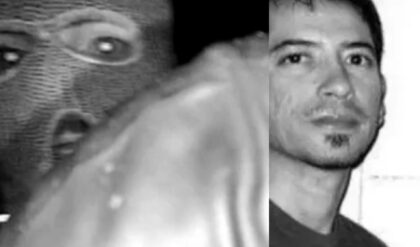As Rings of Power Season 2 repeats the mistakes of The Acolyte, the changes in these prequels fundamentally deter from their core messages.
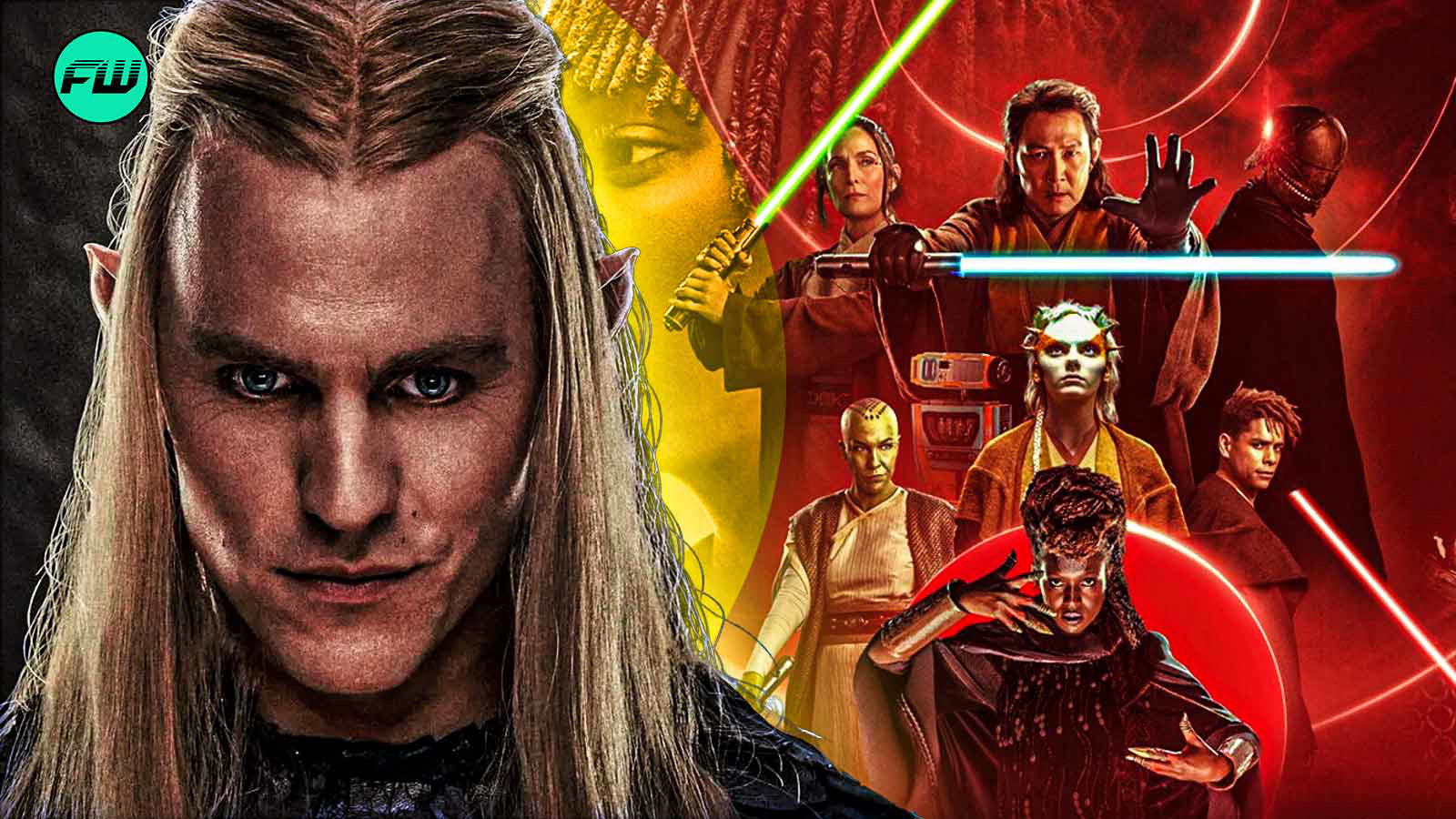
No spoiler content found.
In an episode of Obi-Wan Kenobi, the titular Jedi Master and Leia make their way through an Imperial checkpoint, with the help of a native, who very loudly proclaims that there is nothing wrong with The Empire and the order it brings into civilian lives.
This is something that was also touched upon in Andor, where people were willing to cooperate with The Empire if they were adequately kept out of the politics of the Galaxy. However, these arguments in favor of the empire are often depicted in a bad light, such that those who hold these beliefs are either ignorant or have not been on the receiving end of the Empire’s wrath.
 Manny Jacinto as Qimir aka the Stranger in The Acolyte | Lucasfilm, Disney
Manny Jacinto as Qimir aka the Stranger in The Acolyte | Lucasfilm, Disney
The Sith, by contrast, despite being synonymous with the atrocities of the Empire, has rarely been depicted as needing sympathy. While there have been tragic characters that have been Sith, such as Darth Maul, they have never been depicted as deserving of that sympathy because they are the Sith.
However, this was changed with The Acolyte, who decided that the Sith, who were so power-hungry that they ended up in civil war, were actually just a group of people who wanted to level the playing field with the Jedi.
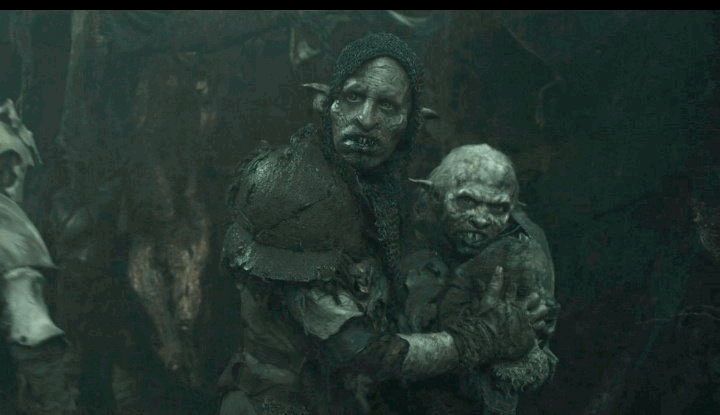 The Orc family in The Rings of Power Season 2 | Credits: Amazon Prime
The Orc family in The Rings of Power Season 2 | Credits: Amazon Prime
Something similar appears to be the case in Rings of Power Season 2. Tolkienian Orcs had a distinct flavor of evil and malice, and have been depicted in a completely new light. Not only do Orcs have families, but they do not have any drive to war and fight for Sauron. This has sparked a major controversy, just like The Sith did in The Acolyte.
Given that both these stories take traditionally evil and malicious factions in their respective universes that have been cast as simply disenfranchised, hint at ramifications that do more harm than good in the long run.
The Orcs and The Sith embody all that is wrong with their respective universes
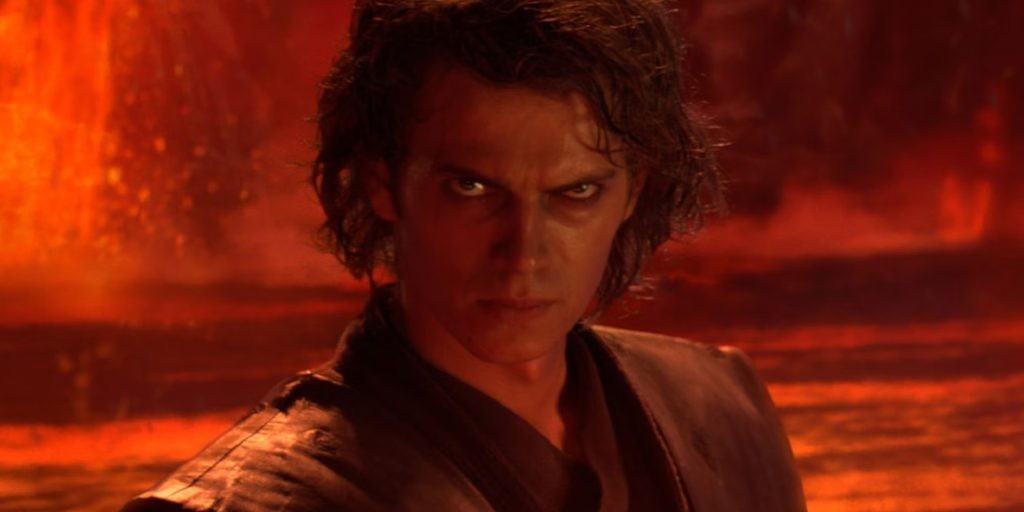 Darth Vader, seduced by the Dark Side through fear and hate || Credit: Lucasfilm.
Darth Vader, seduced by the Dark Side through fear and hate || Credit: Lucasfilm.
The Sith doctrine believes that the lust for power is necessary for change and growth and progress. On the other hand, the Jedi are galactic peacekeepers, who preach the use of the Force only in defence of innocents, and never to attack.
Similarly, Orcs in J. R. R. Tolkien‘s Legendarium are depicted to be malicious, spawned exclusively through the corrupting influence of Morgoth. While there has been some debate about whether Tolkien’s works are racially insensitive or not, there has been little debate about the fact that Orcs are the evil, irredeemable servants of Morgoth and Sauron.
However, more recent works, such as Rings of Power and The Acolyte, have decided to challenge this paradigm, perhaps in hopes of bringing nuance to what seems like a black-and-white situation. Both these works, set in the distant past of their respective universes come from very stories franchises that have consistently informed the audience about the misgivings of Orcs and The Sith respectively.
Therefore, when these shows end up depicting ‘evil’ as just ‘disenfranchised’, not only do they paint culturally significant heroes that fans and audiences adore in a menacing light, but also tear apart the core themes of the story.
Reinterpreting Orcs and The Sith might not be the kind of nuance that enriches the worlds they inhabit
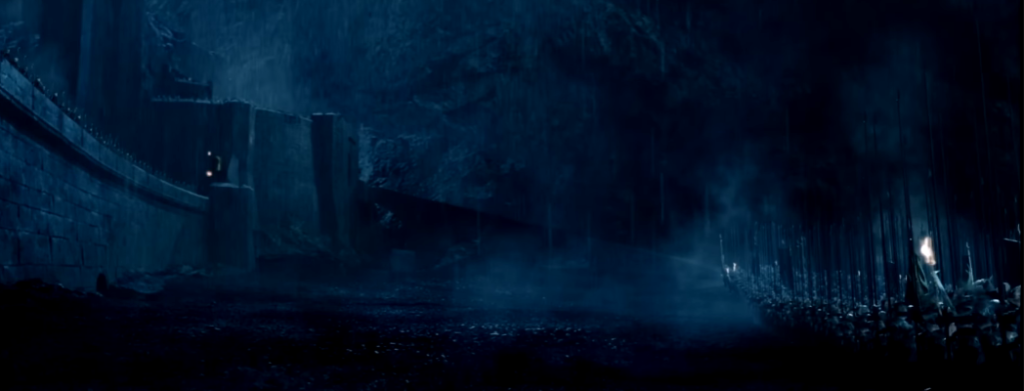 A still from The Battle of Helm’s Deep || WB
A still from The Battle of Helm’s Deep || WB
Rings of Power Season 2 depicted Orcs having a morality akin to that of humans, such that they could protest going to war, have families, and raise children. Similarly, Qimir’s quest as a Sith is depicted as simply being allowed to train an apprentice, which he is unable to do because of the machinations of the ‘hegemonic and imperial’ Jedi Order. These ‘retcons’ paint everything that comes later in their stories, from morally good to morally questionable.
While there are some who would believe that that was the point of these developments, what these changes to canon manage to do is equate the disenfranchised with evil. There have been historical misunderstandings, and sometimes even malicious reinterpretations in the real world.
However, these ideas might not fit well in fantasy settings, where good and evil intentions have outward manifestations in a fixed but nuanced moral setting. The Orcs are evil, as are the Sith. There are no two ways about it. Both are manifestations of evil in that they are hardwired to feel and respond to emotions that are altogether detrimental to themselves and those around them, such as fear, hate, anger, and lust for power.
The Acolyte can be streamed on Disney +
Rings of Power Season 2 can be streamed on Amazon Prime Video.


